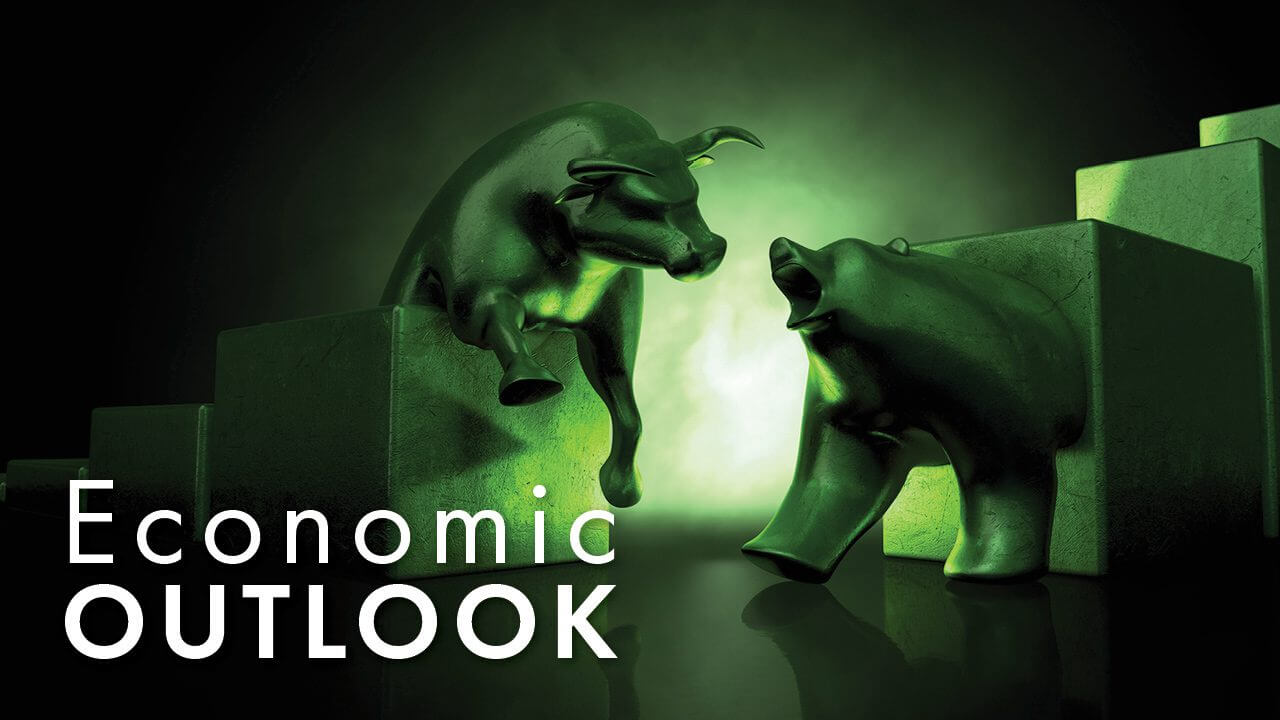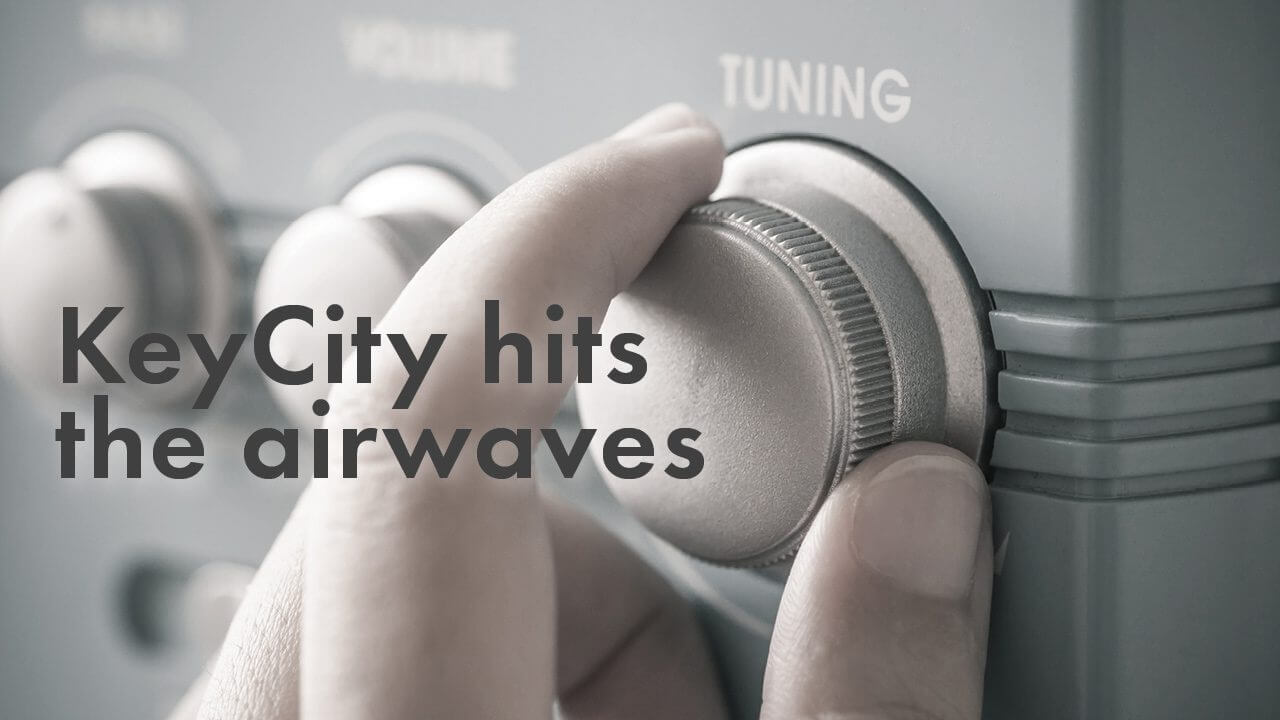The last six months have been defined by the debate of whether the economy will have a hard or soft landing—meaning the Fed’s interest rate increases will control inflation and pilot the economy through a harsh recession or a milder slowdown in growth. For context, the last time the Fed produced a soft landing was during the Clinton administration in 1994.
However, in a recent Wall St. Journal article, Neil Dutta, an economist at the research firm Renaissance Macro, shared the concept of a third scenario—no landing. He sees “a huge reluctance to admit the obvious, which is that the economy is reaccelerating, full stop.”
According to the article, “the Fed has raised the federal funds rate by 4.5 percentage points since last March, most recently to a range between 4.5% and 4.75%. That is the fastest pace since the early 1980s, and one that many economists anticipated would slam the brakes on investment and hiring. But hiring remains strong as employers added 517,000 jobs in January and unemployment decreased to 3.4%.”
The roller coaster economy we’ve experienced post-COVID is enough to put anyone on edge. It’s hard to know from day to day what the Fed is going to, and how the various sectors—employment, manufacturing, you name it—will react. While all of this is going on, many folks are looking for ways to future-proof their investment portfolios.
Here at KeyCity Capital, we follow an investment philosophy that is designed with the goal of helping you diversify and strengthen your investment portfolio through various market conditions. We seek out investments that we expect to be growth oriented, cash flow driven, equity focused, and market agnostic.
We strive for tax efficiency, specifically cash-flowing, asset-backed alternative investments such as multi-family, income producing properties. It is our belief that these asset classes can provide consistent and attractive risk-adjusted returns across diverse economic environments.
If you’re interested in learning more, I’d encourage you to set up a call to speak with us today.

